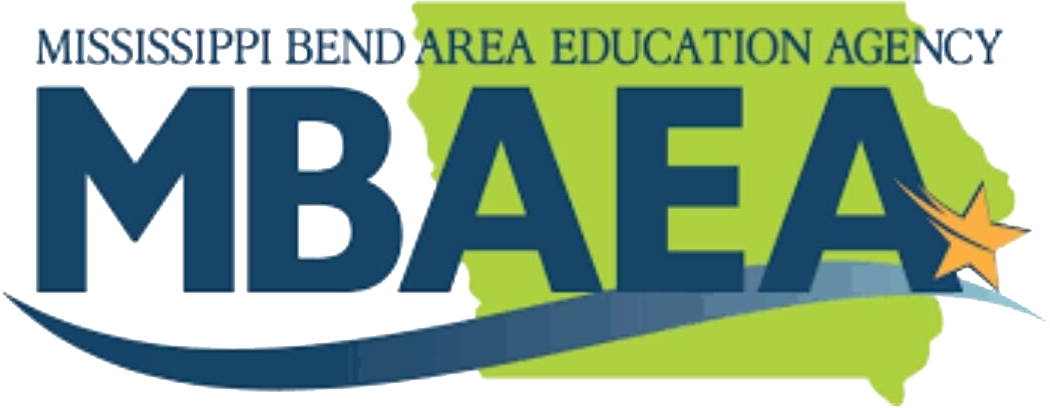Skip to content
Administrators
Show submenu for
School Psychology
‘School psychologists are uniquely qualified members of school teams that support students’ abilities to learn and teachers’ abilities to teach. They apply expertise in mental health, learning, and behavior, to help children and youth succeed academically, socially, behaviorally, and emotionally. School psychologists partner with families, teachers, school administrators, and other professionals to create safe, healthy, and supportive learning environments that strengthen connections among home, school, and the community. (National Association of School Psychologists)
Key roles and functions of a school psychologist in Iowa include:
Consultation: School psychologists utilize collaborative consultation procedures with educators and parents (a) to define problems and link assessments to intervention activities, (b) to improve educator and parent understanding and implementation of interventions, and (c) to modify the educational system.
Assessment for intervention: School psychologists provide assessments that are (a) relevant to the presenting concern, (b) meaningful within an educational context or at home, and (c) intervention oriented.
Interventions: School psychologists assist clients by developing tailored interventions to improve or resolve the client’s problem. Intervention may focus on the student, family, or educational system.
Performance monitoring: School psychologists provide support and ongoing monitoring of student progress toward measurable goals.
Counseling and skill development: School psychologists provide direct services when appropriate to the client’s needs and the professional’s training. Counseling may be provided to individuals or groups.
Staff development: School psychologists share knowledge with individuals and in groups.
Research: School psychologists use research in their school practice by (a) reading research literature, (b) distributing, and synthesizing research findings, and (c) conducting applied research, including program evaluation.
Collaboration and liaison activities: School psychologists collaborate with professionals in other disciplines (e.g., teachers, mental health specialists, DHS personnel, AEA support staff) to improve client services. (Iowa School Psychologists Association)
For more information about school psychology and its role in Iowa schools, refer to NASP website and ISPA website.
Copyright © 2024 Mississippi Bend AEA. All rights reserved. Powered By Thrillshare
